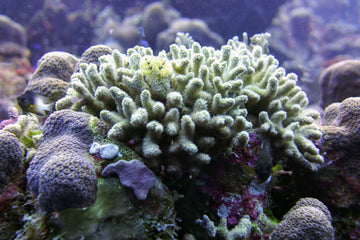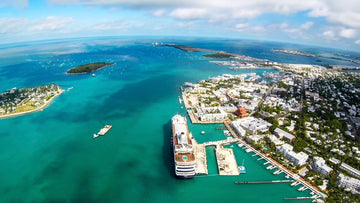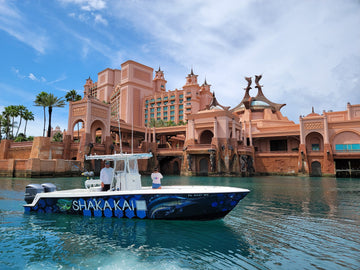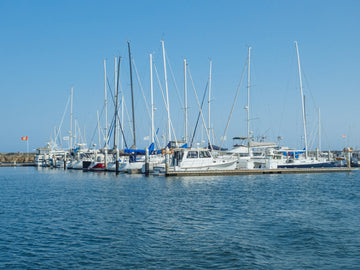Diving in Bonaire has brought new depth and meaning to my connection with the ocean; I can spend hours in this place that has been one of my anchors to the natural world for so long. Our work in Bonaire is fundamental to the understanding of how corals interact with their environment. Three years ago, when I first came to the island, we had to start the experiment from scratch. The ‘BioRock’ domes, are affectionately dubbed D12 and D16 (you can imagine what happened, they were BOTH supposed to be D14… but that’s what happens when the scientists leave the kids in charge). With D12 as the control, D16 is slightly electrified by a node. The slight negative charge pulls calcium carbonate and other minerals from the water, and allows them to bind to the steel rebar of the domes. This forms a substrate that is hypothesized to help corals grow 5-10% faster. Fast forward three years, and this June there were visible results that D16 was thriving better than D12. Working with these two artificial reefs has been a step forward in reef restoration research.

Along with these domes, we also maintain a coral nursery. This contains a grove of coral “trees” and “thickets”. The trees are used for young fragments, suspending them in the water column and providing better access to food (plankton and sunlight). Once the corals are large enough, they are transferred to the coral thickets, which are used to supplement the rock piles (artificial reefs, also just offshore from Harbour Village Resort).

Luckily, it’s not all work and no play. On our ‘decompression day’ we still make time to explore the south side of the island: feeding donkeys at the Donkey Sanctuary, climbing the rock of Mamparia Cutu (the local legend of a siren that used to warn sailors of dangerously shallow reefs), windsurfing, and looking for the wild flamingos that roam the salt pools.

There is a certain premature nostalgia to leaving someplace so dear. But, leaving a place such as Bonaire - or any island, I have found - is incurable. The island life is something I have considered myself in love with for a very long time...all my life, really. I want to say this trip has made me more self-aware, but I think it is more accurate to say less self-aware. The Earth is mine...and yours...and theirs. I’m Earth-aware.

When I hold coral fragments in my hand, it is the equivalent of holding the entire world...until I remember what I am doing and start looking for bristle worms so as not to get stung. A divemaster once pointed out that I focus a lot on what is in front of me, and I do. You cannot move on to what lies ahead if you have not moved past what’s right in front of you; whether it’s a bristle worm or another diver, go with the flow.







Awesome post !!